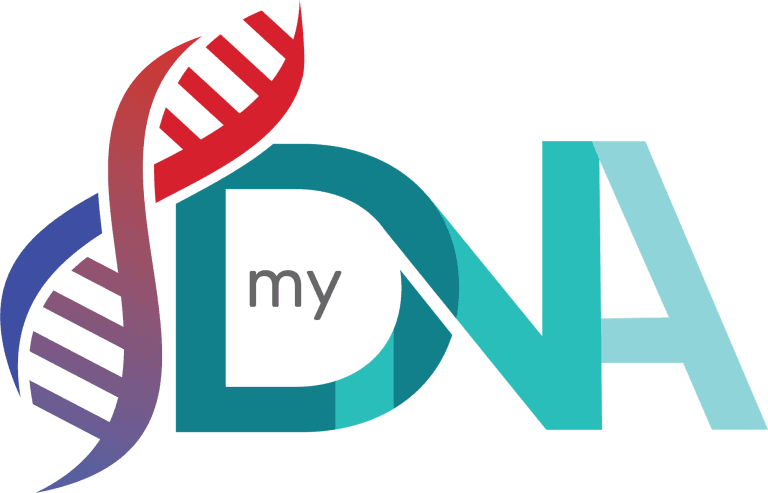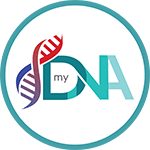DNA testing provides a wealth of information that can improve our understanding of health in several ways. It has broad applications in diagnosing genetic disorders, assessing disease risk, guiding treatment decisions, and informing lifestyle choices.
- Identifying Genetic Disorders
One of the most important applications of DNA testing is its ability to diagnose genetic disorders. Thousands of inherited conditions, including cystic fibrosis, Huntington’s disease, and sickle cell anemia, are caused by mutations in specific genes. In many cases, DNA testing can confirm a diagnosis by identifying the specific mutation responsible for the condition.For individuals who may be carriers of certain genetic disorders, DNA testing can provide important information about the risk of passing these conditions on to their children. For example, carrier testing is commonly used for conditions like cystic fibrosis and Tay-Sachs disease, where individuals may not show symptoms themselves but have a 25% chance of passing the disease to their offspring if both parents are carriers.
Early detection of genetic disorders through DNA testing can improve the chances of successful treatment or management. For instance, in the case of metabolic disorders like phenylketonuria (PKU), newborn screening can identify affected infants early, allowing doctors to initiate dietary changes that prevent severe complications such as intellectual disability.
- Assessing Disease Risk
One of the most exciting aspects of DNA testing is its potential to assess an individual’s risk for developing certain diseases. While lifestyle factors like diet, exercise, and environment play a significant role in disease development, genetics also contribute to a person’s susceptibility to many conditions, including cancer, heart disease, diabetes, and Alzheimer’s disease.DNA testing can identify genetic variants that increase the risk of developing these diseases. For example, mutations in the BRCA1 and BRCA2 genes significantly increase the risk of breast and ovarian cancer. Women who test positive for these mutations can take preventive measures, such as increased surveillance or preventive surgery, to reduce their risk.
Similarly, genetic testing can assess an individual’s risk for developing heart disease by analysing variants in genes involved in cholesterol metabolism, blood pressure regulation, and inflammation. Individuals identified as high-risk can make lifestyle changes or take medications to reduce their chances of developing the disease.
DNA testing for disease risk is beneficial for individuals and families. Identifying a genetic predisposition to a particular condition can lead to early interventions that improve health outcomes for multiple family members.
- Personalised Medicine
Personalised medicine is based on the idea that treatment should be tailored to an individual’s genetic makeup. DNA testing is crucial in this approach by helping healthcare providers determine the most effective treatment for a specific patient. This is particularly important in fields like oncology, where cancer treatments can be more effective based on the patient’s genetic characteristics and the tumour.For instance, genetic testing of tumour cells in cancer treatment can identify mutations that make cancer more susceptible to specific therapies. Drugs like trastuzumab (Herceptin) are used to treat breast cancer in patients whose tumours overexpress the HER2 gene. DNA testing is necessary to identify these patients and provide them with the most effective treatment.
Pharmacogenomics is another area where DNA testing has a significant impact. This field studies how a person’s genetic makeup affects their medication response. Some individuals may metabolise drugs faster or slower than average, which can influence the effectiveness and safety of the medication. DNA testing can help doctors prescribe the right drug at the correct dose, reducing the risk of adverse reactions and improving treatment outcomes.
- Informing Lifestyle and Dietary Choices
DNA testing can provide valuable insights into how our bodies process nutrients, respond to exercise and manage weight. For example, some individuals may have genetic variations that affect how their bodies metabolise fats, carbohydrates, or specific vitamins. Understanding these genetic factors can help individuals make more informed decisions about their diet and nutrition.One example is the role of genetics in lactose intolerance. Many people have a genetic variant that reduces their ability to digest lactose, the sugar found in milk. DNA testing can confirm whether someone has this variant, allowing them to make dietary adjustments to avoid discomfort.
In the realm of fitness, some DNA tests analyse genes related to muscle composition, endurance, and recovery, providing personalised recommendations for exercise routines. For instance, individuals with specific genetic variants may be better suited for endurance sports like long-distance running, while others may excel in strength-based activities like weightlifting.
These personalised insights can help individuals optimise their health and wellness by aligning their lifestyle choices with their genetic predispositions.



